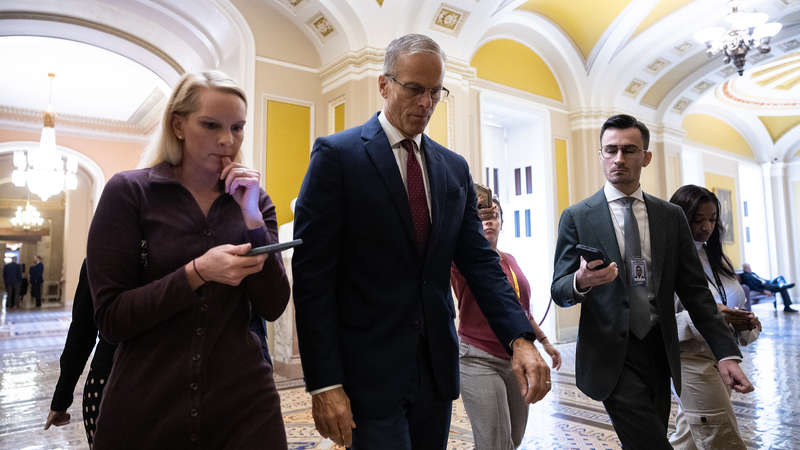In a dramatic 51-47 vote on Thursday, the U.S. Senate approved a resolution to end the national emergency that allowed President Donald Trump to slap 10% tariffs on imports from around the world. While largely symbolic—since the House has barred similar legislation until March—the result signals growing unease among lawmakers over aggressive trade tactics.
Four Republicans joined Democrats to support the measure, reflecting bipartisan frustration. Earlier this week, the Senate also voted to eliminate duties on Canadian and Brazilian goods, underscoring mounting resistance to tariff-driven diplomacy.
Trump declared a national emergency in early April, pointing to a “large and persistent trade deficit” and imposing 10% global tariffs plus extra “reciprocal” fees on countries with the biggest imbalances. As of August, U.S. Customs and Border Protection reports nearly $88 billion in tariff revenue. But the Tax Foundation warns these duties could cost households an extra $1,600 a year and shave 0.5% off GDP over the next decade.
The fight isn’t over. The U.S. Supreme Court is set to hear arguments on November 5, after two lower courts declared the tariffs illegal. Trump has appealed, keeping global markets on edge as businesses and consumers brace for potential fallout.
For young entrepreneurs, policymakers, and travelers watching global markets, the vote highlights a crucial debate: Can tariffs reshape trade relationships, or do they risk collateral damage for consumers and economies worldwide? Stay tuned as Washington’s tug-of-war over trade policy unfolds.
Reference(s):
cgtn.com



